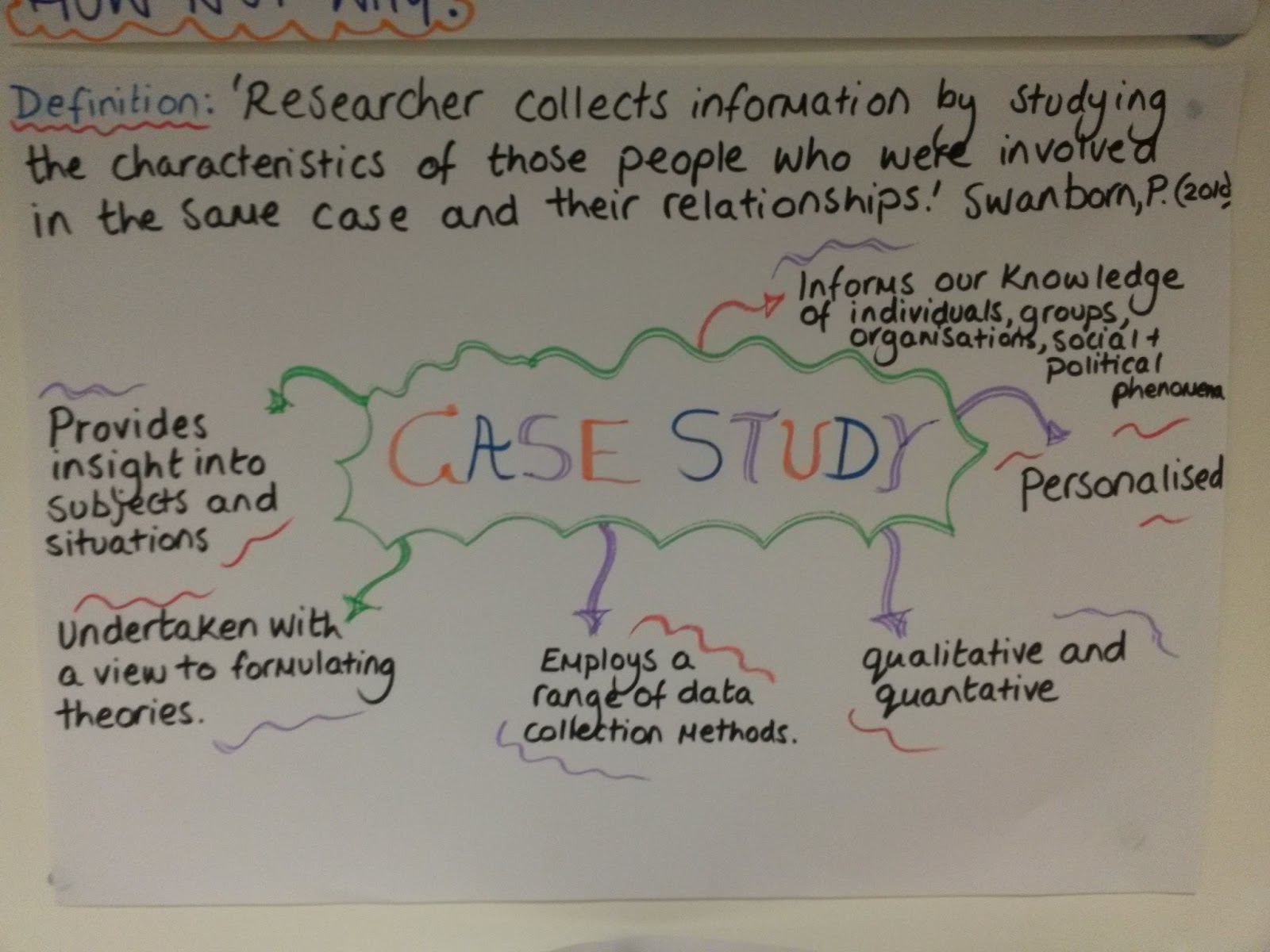 We've adopted the Harvard referencing system at the University of East London (UEL). It's a system which emphasizes authors' names and publication dates. It compiles references alphabetically in a single reference list at the end of a piece of work, rather than utilizing footnotes throughout. An example of its use can be found below.
We've adopted the Harvard referencing system at the University of East London (UEL). It's a system which emphasizes authors' names and publication dates. It compiles references alphabetically in a single reference list at the end of a piece of work, rather than utilizing footnotes throughout. An example of its use can be found below.As might be expected questions and queries come my way regularly, concerning punctuation, syntax and particular conventions. So I felt a page collating advice and examples might be just what was needed, to help support writers in using the Harvard system consistently. Examples are provided to demonstrate in-text conventions, and how sources should be referred to in a reference list.

